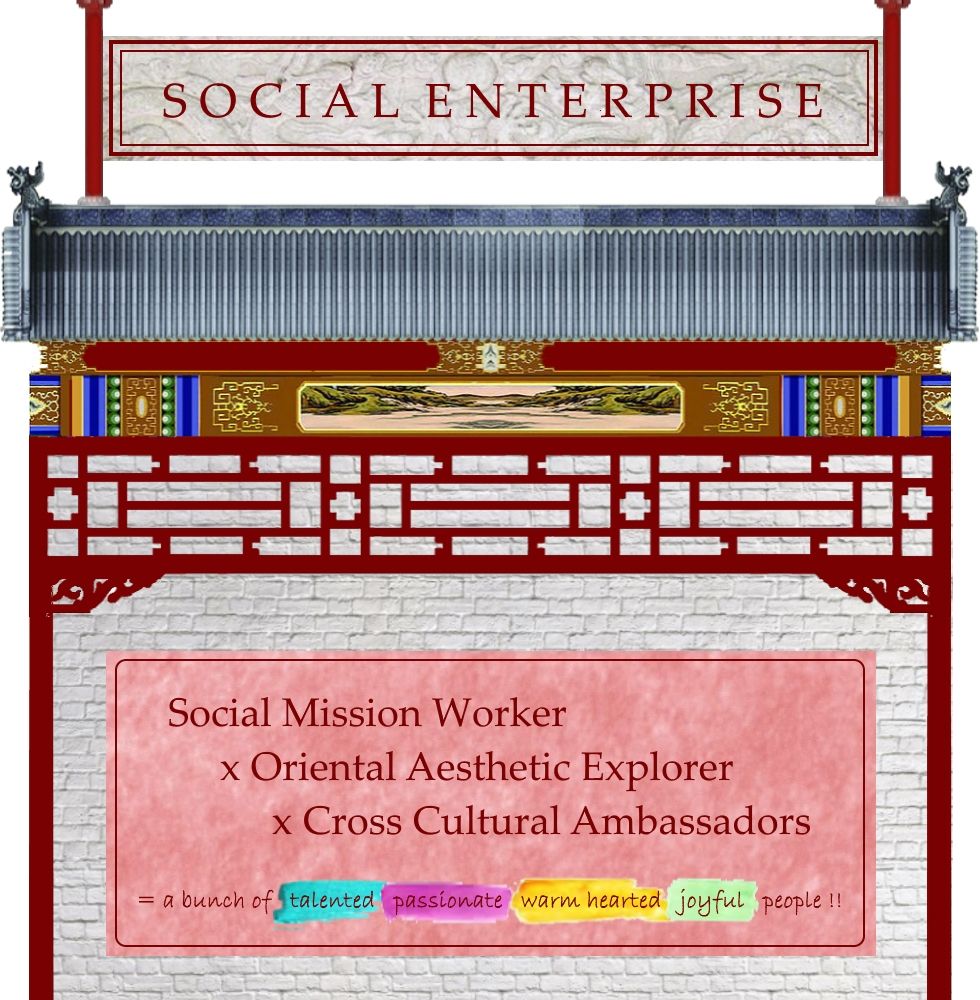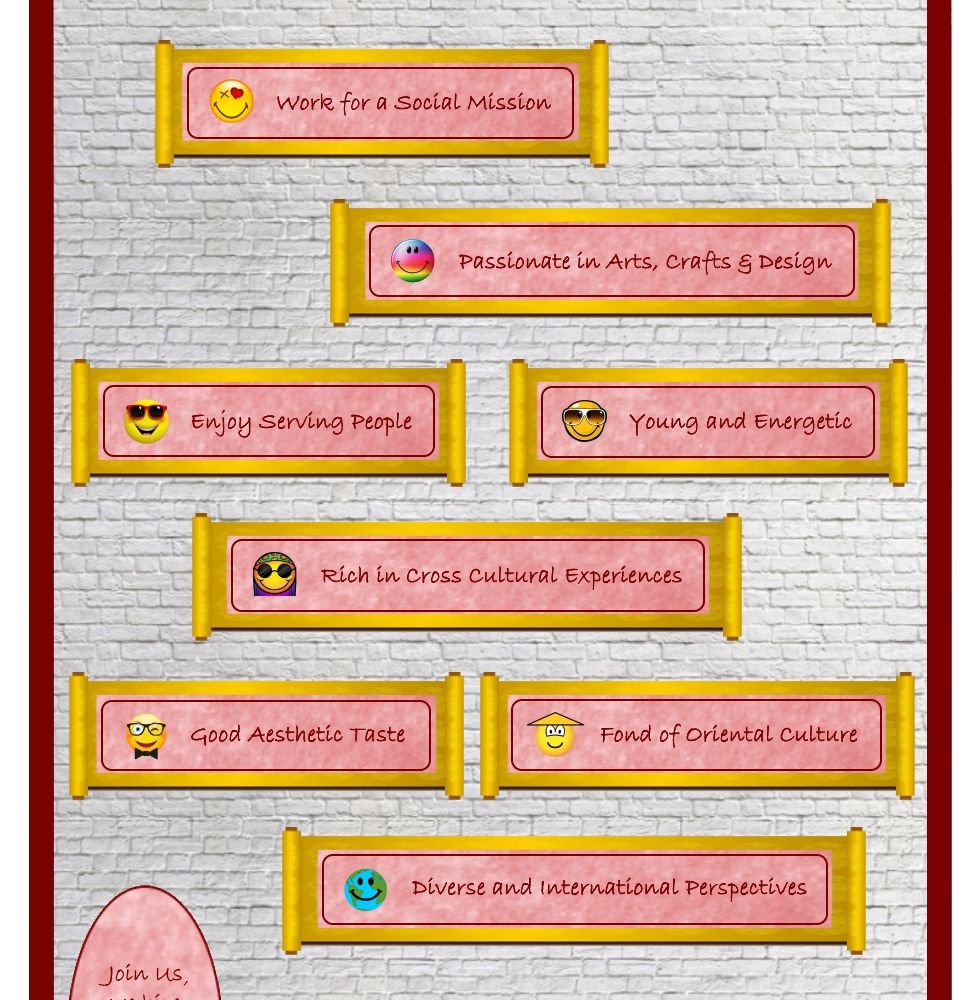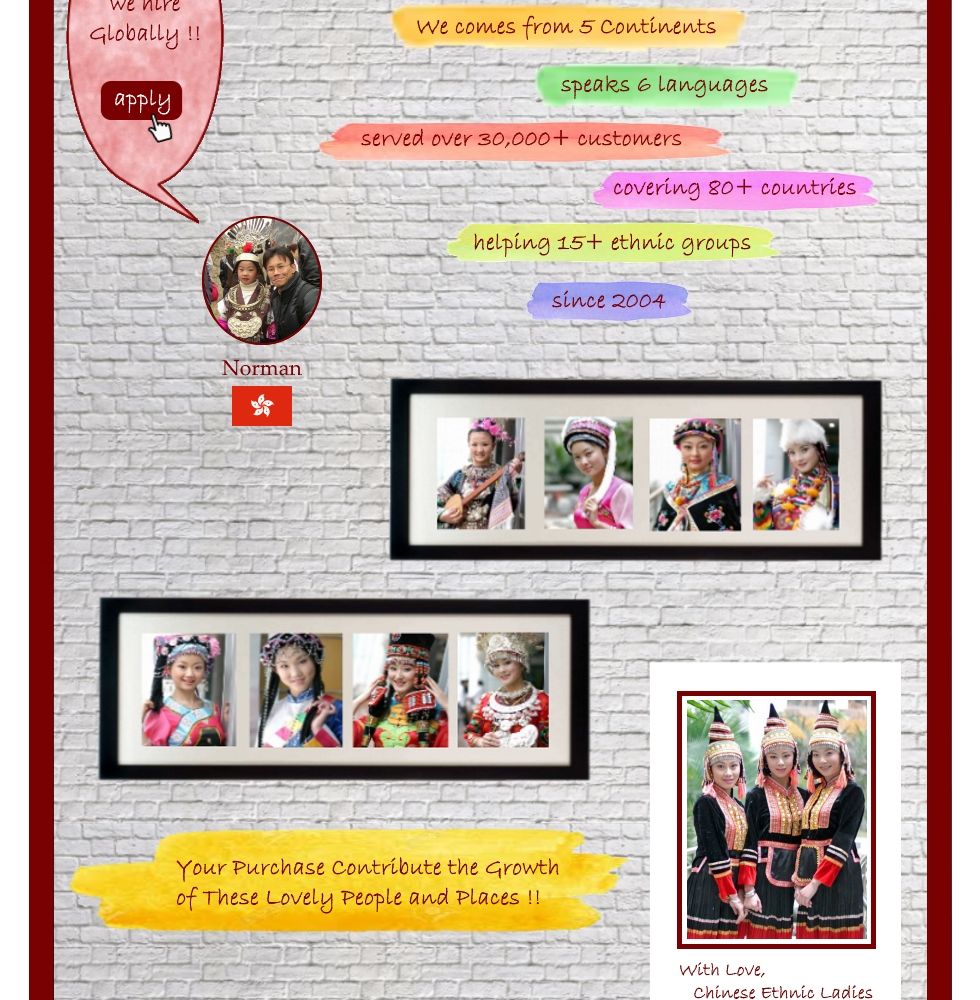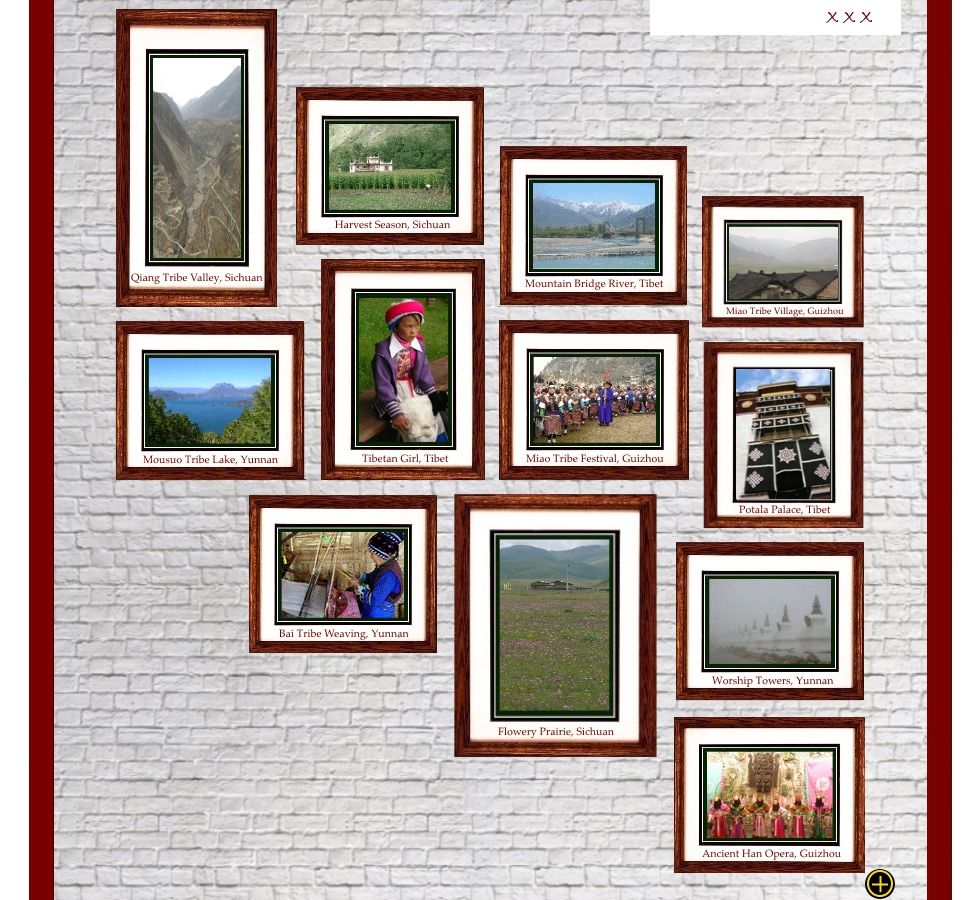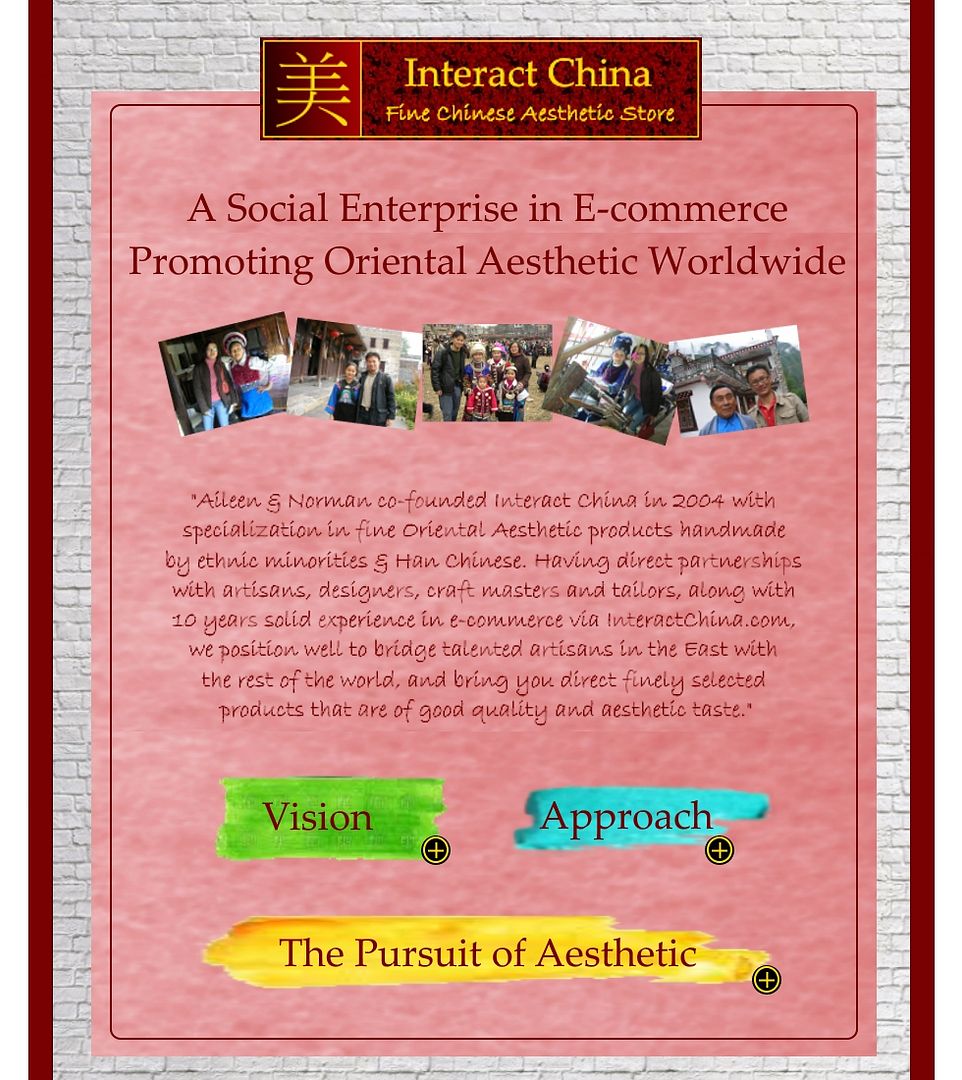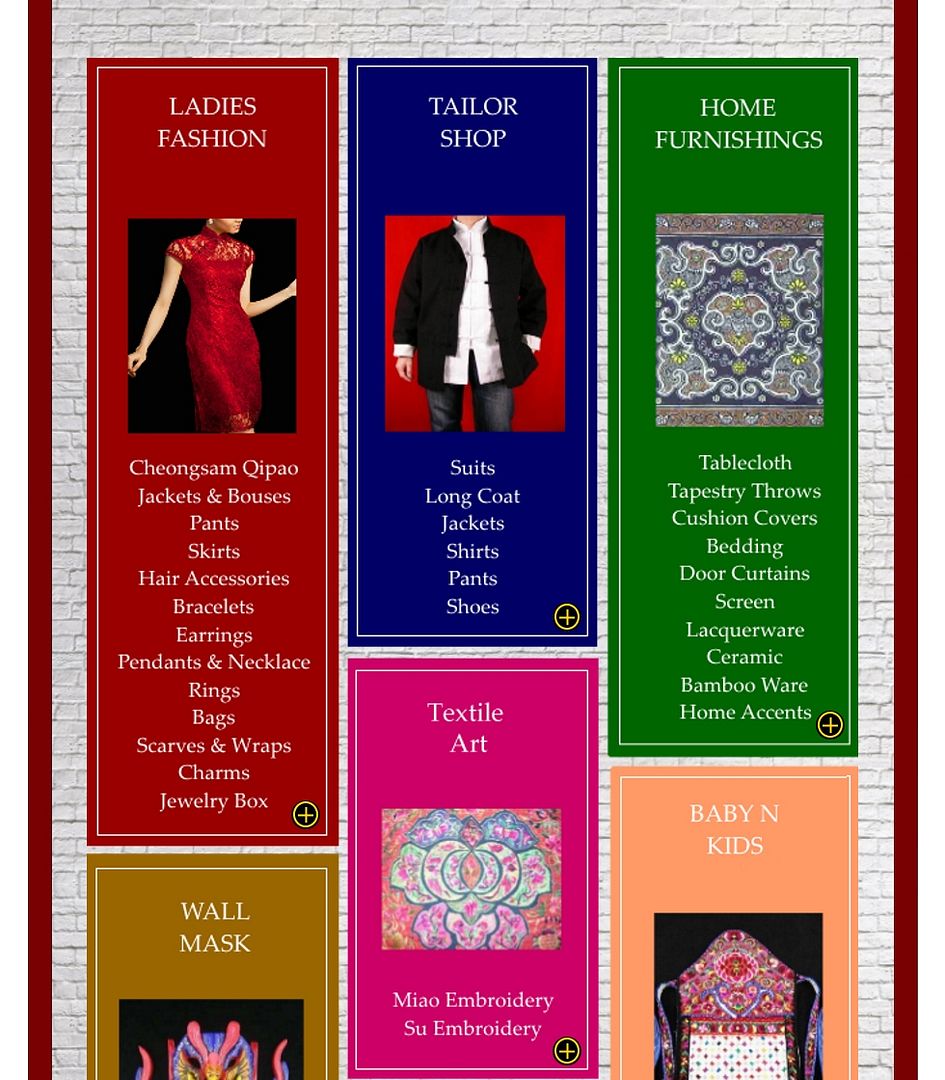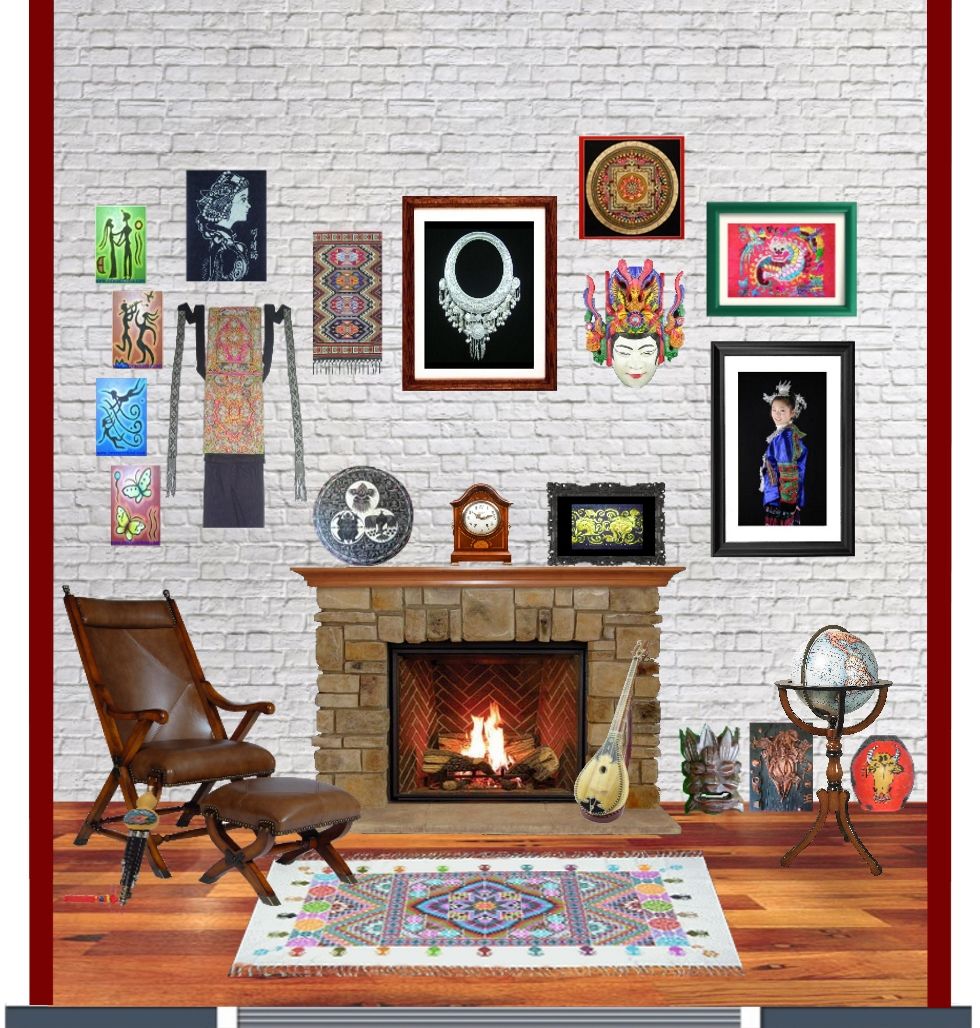Art of Ancient Chinese Ming and Qing Furniture
8th Jun 2017
The Ming-dynasty furniture looks elegant, plain and ingenious and was commended as brilliant representative of Chinese classic furniture, known as Ming-type furniture. The rise of Ming furniture was closely associated with the social environment of the times, as the booming of cities and towns, the growth of commodity economy and the emergence of architecture in large numbers, made the demand for furniture continuously on the increase. Moreover, in the Ming Dynasty, Zheng He the great navigator made seven trips to the West and the ban on maritime trade and relations with foreign countries was once lifted, resulting in large quatity of timber brought to China from Southeastern Asia. Besides, woodworking implements had been improved to an extent as never before.
 |
 |
In Ming-style furniture making, materials were most particular about. Usually hard wood such as red sandalwood, huang-hua-li-mu (a species of rosewood) and the like, was chosen, which when polished with wax, reveals their natural grain and freshening luster, fully in accord with the taste of the men of letters in the Ming Dynasty who are always after primitive simplicity and elegance. As they advocated nature, they preferred yellow color to dark color, and huang-hua-li-mu which is fine in grain, having the color of amber and the touch of jade, became the first to be chosen in the late Ming Dynasty down to the early Qing Dynasty.
 |
Furniture making procedures include: to cut open wood, to saw timber, to plane, chisel, drill, carve, polish, lacquer and wax. The precise and ingenious process of fitting a tenon into a mortise to make a joint is a unique feature of Ming-style furniture making in which all joints are formed with tenon and mortise without using nail or glue.
 |
The Qing Dynasty people valued dark color instead of yellow. They were partial to luxury and majesty. As the Qing royal family favored red sandalwood in particular, it became the first choice for the material used in making furniture. The existing articles are mostly from the court, all carved meticulously. In the middle of Qing Dynasty, huanghuali, red sandalwood, etc., became extremely in short supply. Then red wood started to be imported and used extensively. Red wood is similar in quality to red sandalwood. It is of hard texture, and appears grand and majestic. Its main disadvantages are such as not tenacious enough to be easily carved and it is susceptible to changing shape when affected with damp, dryness cold, or heat and is therefore unfit for meticulous carving.
The Ming-style furniture excels in plain shape while the Qing-style one is good at multifarious and elaborate decoration. The crafts in making furniture in the Qing Dynasty were so consummate that they had reached the apex of traditional furniture crafts. Not only had they inherited the traditional methods, but also absorbed exotic culture to form distinctive style of the times.
by Xiao Xiao xiaoxiao@interactchina.com
About Interact China
-----------------------------------------------------------------------------------------------------------------------------
"A Social Enterprise in E-commerce Promoting Oriental Aesthetic Worldwide"
Aileen & Norman co-founded Interact China in 2004 with specialization in fine Oriental Aesthetic products handmade by ethnic minorities & Han Chinese. Having direct partnerships with artisans, designers, craft masters and tailors, along with 10 years solid experience in e-commerce via InteractChina.com, we position well to bridge talented artisans in the East with the rest of the world, and bring you direct finely selected products that are of good quality and aesthetic taste.
So far we carry 3000+ goods covering Ladies Fashion, Kungfu Clothing, Home Furnishings, Babies & Kids, Painting Arts, Textile Arts, Carving Arts, Tribal Jewelry Art, Wall Masks and Musical Instruments. Our team speak English, French, German, Spanish and Italian, and serve customers worldwide with passion and hearts.
-----------------------------------------------------------------------------------------------------------------------------
P.S. We Need People with Similar Passion to Join Our Blogging Team!
If you have passion to write about Oriental Aesthetic in Fashion, Home Decor, Art & Crafts, Culture, Music, Books, and Charity, please contact us at bloggers@interactchina.com, we would love to hear from you!











